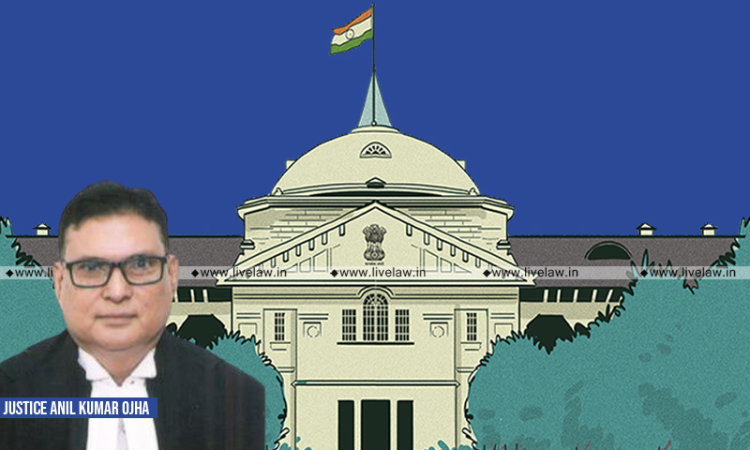SC/ST Act Offences: Plea U/S 482 CrPC Not Maintainable Against Summoning Order; Only Appeal U/S 14A(1) Maintainable: Allahabad HC
Sparsh Upadhyay
28 May 2022 12:36 PM IST

Next Story
28 May 2022 12:36 PM IST
The Allahabad High Court has observed that an Application U/s 482 Cr.P.C. can't be filed against a summoning order passed by a Special Judge in an SC/ST Act Offence. The Court observed thus while taking into account Section 14A(1) of the S.C./S.T. Act.In the instant matter before the Court, an application under 482 CrPC was moved praying to quash the summoning order passed by II...
